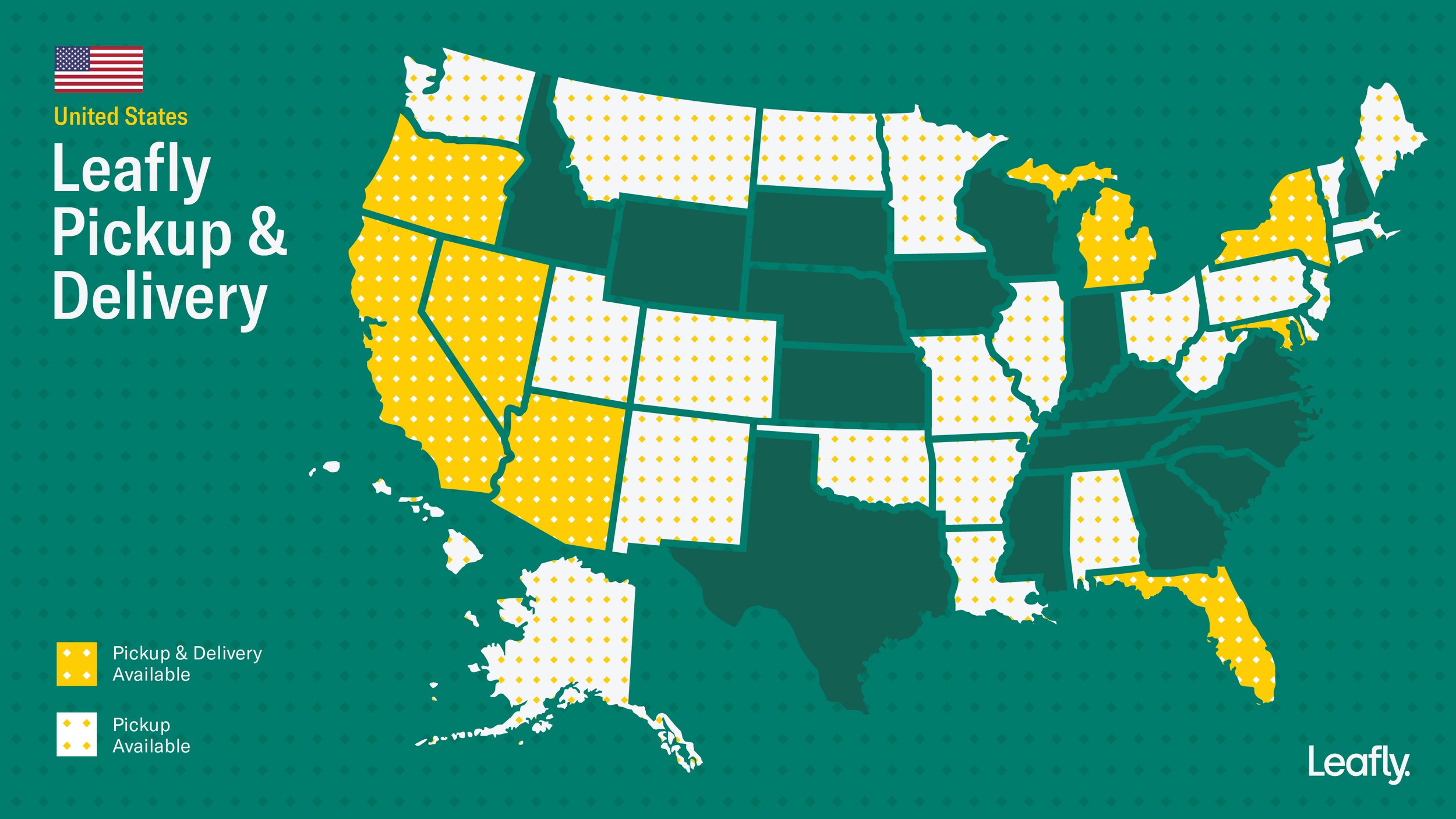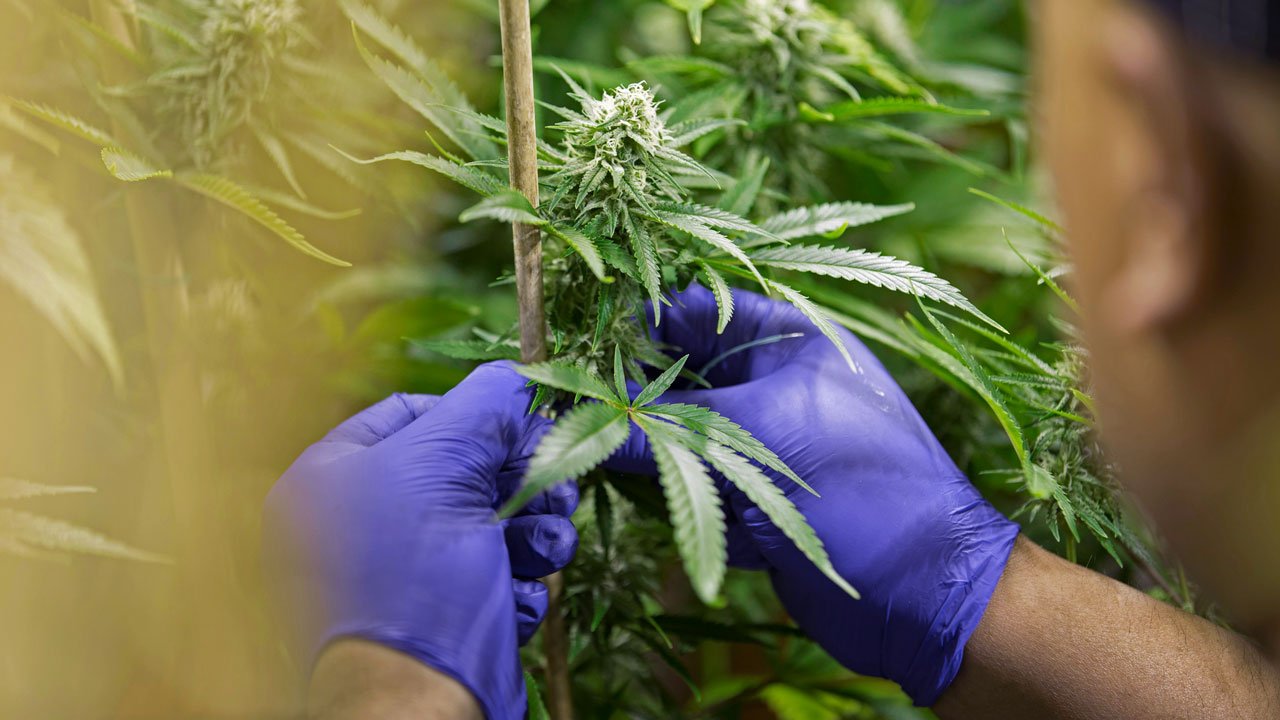Leafly vs. NY
Leafly files lawsuit against the OCM for unfair targeting.
Words by Damian Nicholas
BUSINESS WIRE
New York City's journey toward cannabis legalization hits a roadblock as the Office of Cannabis Management finds itself entangled in a legal battle with Leafly Holdings, a leading online resource for cannabis information.
The lawsuit, which highlights a clash of interests and regulatory concerns, has caught the attention of both cannabis advocates and industry insiders. The clash between the Office of Cannabis Management (OCM) and Leafly Holdings traces back to the political realm. OCM, responsible for overseeing New York City's cannabis regulatory framework, alleges that Leafly violated city laws by promoting illegal cannabis dispensaries on their platform. The OCM argues that Leafly's actions undermine their efforts to regulate the market and maintain public safety.
One of the main points of contention in the lawsuit revolves around the regulations set forth by the OCM. New York City legalized adult-use cannabis in 2022, allowing the establishment of licensed dispensaries and delivery services. The OCM, in collaboration with other city departments, crafted a comprehensive regulatory framework to ensure the safe and responsible distribution of cannabis. Leafly Holdings, a prominent player in the cannabis industry, is accused of listing unlicensed and unauthorized dispensaries, which breaches the city's regulations. The OCM claims that Leafly's platform provides a gateway for consumers to access unverified and potentially unsafe cannabis products.
Ensuring public safety is a key priority for the OCM, and they argue that Leafly's actions undermine their efforts. By promoting illegal dispensaries, Leafly exposes consumers to unregulated products that may not meet safety standards. These unlicensed dispensaries may operate in unsanitary conditions or sell products with higher levels of THC, posing health risks to users. The OCM firmly believes that strict compliance with regulations is essential for protecting the well-being of the public. By taking legal action against Leafly Holdings, they are sending a strong message that any entity, irrespective of its stature, will be held accountable for non-compliance.
Leafly Holdings, on the other hand, contest the allegations brought against them. They argue that their platform merely serves as an information resource for cannabis consumers and that they are not directly involved in the sales or distribution of cannabis products. Their primary function, Leafly maintains, is to provide consumers with data on various strains, dispensaries, and product reviews. Leafly also insists that they have implemented measures to ensure compliance with state and local regulations. Their platform includes disclaimers guiding users to verify the licensing and legitimacy of dispensaries before making any purchases.
The outcome of this high-profile lawsuit could significantly impact the regulation of the cannabis industry in New York City and even set a precedent for other jurisdictions. If the OCM emerges victorious, it could reaffirm the role of regulators in monitoring and enforcing cannabis laws strictly. It would also send a warning to online platforms hosting cannabis-related content, emphasizing the importance of thorough verification and compliance. Alternatively, a ruling in Leafly's favor may raise concerns about the influence and accountability of online platforms in the cannabis space. Critics could argue that this decision weakens regulatory efforts, making it harder to ensure consumer safety and wellness.
As the legal battle between the Office of Cannabis Management and Leafly Holdings unfolds, the cannabis industry watches with bated breath. The lawsuit highlights the increasing importance of stringent regulations in the legal cannabis market, particularly pertaining to public safety. The outcome of this case will undoubtedly shape the future of cannabis regulation in New York City and may reverberate throughout the United States.
Damian Nicholas covers cannabis legalization and legalization in New York. More about Damian Nicholas
Oct 06, 2023 




